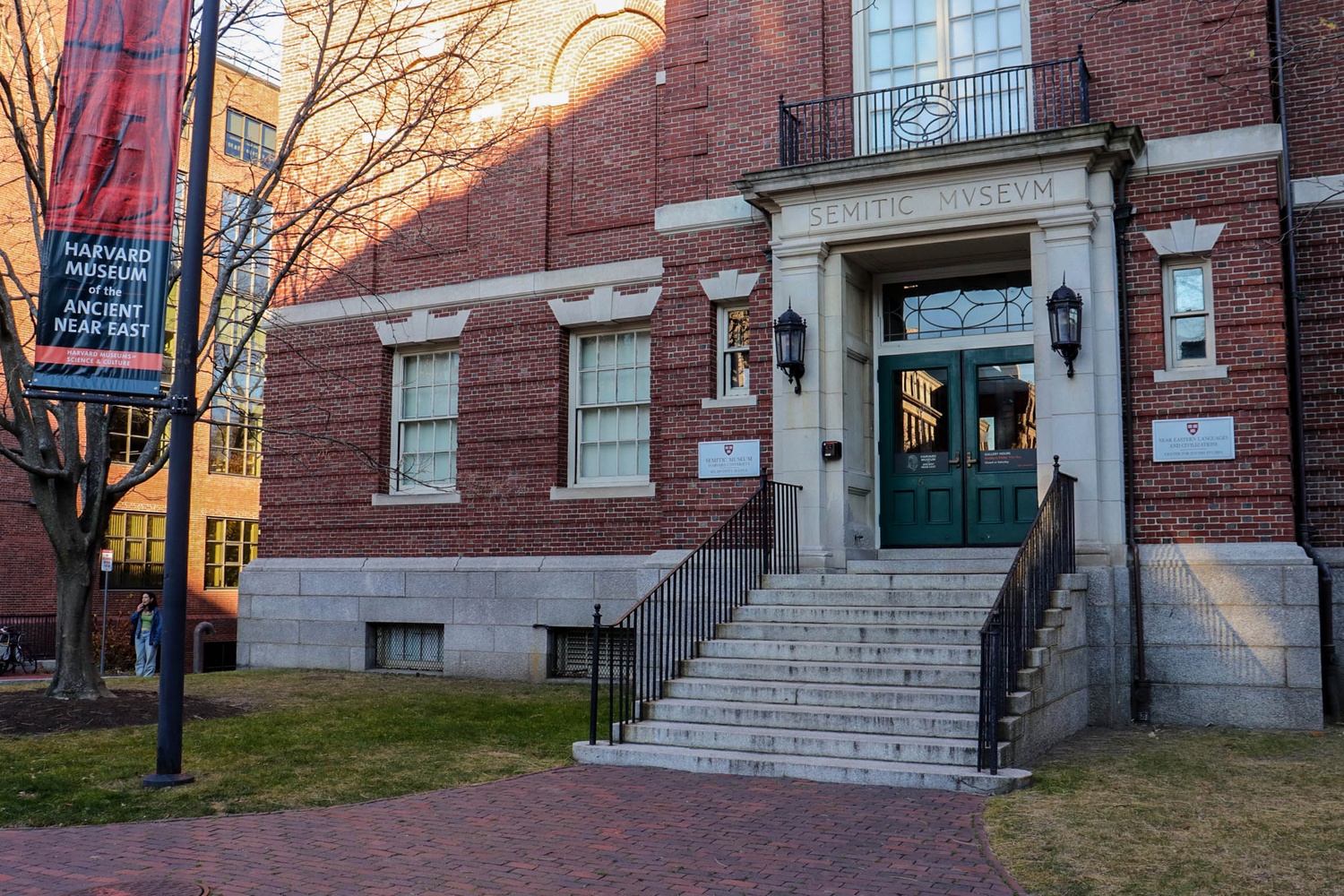
News
When Professors Speak Out, Some Students Stay Quiet. Can Harvard Keep Everyone Talking?

News
Allston Residents, Elected Officials Ask for More Benefits from Harvard’s 10-Year Plan

News
Nobel Laureate Claudia Goldin Warns of Federal Data Misuse at IOP Forum

News
Woman Rescued from Freezing Charles River, Transported to Hospital with Serious Injuries

News
Harvard Researchers Develop New Technology to Map Neural Connections
Harvard Must Act to Save Jewish Studies
In a year of tense protests over the Israel-Hamas war, animated debates over antisemitism, and communal soul-searching about what it means to be Jewish in the 21st century, Jewish studies’ importance has been made abundantly clear. And so, Harvard’s decision to deny tenure to its sole tenure-track Yiddish scholar was simultaneously surprising and disconcerting.
Saul Noam Zaritt, a Yiddish expert, was denied tenure this summer when University President Alan M. Garber ’76 ended his tenure bid over faculty objections.
The tenure process at Harvard is a trial by fire — faculty must undergo an up-to-seven-year process, during which they are subjected to a slew of committee probes, several rounds of faculty reviews, and a series of votes before winning the coveted title of tenured professor.
While we can’t speculate about Zaritt’s particular case, the one thing we do know is that his tenure denial is part of a larger story about the precarious position of Harvard’s Jewish Studies program.
Three endowed Jewish studies professorships are currently vacant. Two more will be in the next two years, assuming the University doesn’t rapidly hire replacements. That will leave only three scholars in endowed professorships exclusively devoted to Jewish Studies, while five remain unfilled.
Harvard needs Jewish studies — especially in times where such topics are especially relevant. Professor Derek J. Penslar’s class, HIST 1008: “One Land, Two Peoples: The Modern History of Israel/Palestine,” is fully enrolled. The demand exists — Harvard must employ a sense of urgency in meeting it.
The particular subfield in which Zarrit taught — Yiddish studies — faces a particularly dire problem. Preceptor Sara M. Feldman — whose contract will expire at the end of spring 2026 — is the only other member of Harvard’s Yiddish instructional faculty. Coupled with Zaritt’s denial, Feldman’s impending absence leaves the University with no Yiddish instructors.
Students who planned to work with Zaritt on Yiddish-focused research projects now face a scramble for new mentors. It's likely that some students were admitted primarily to study Yiddish — how will they do so without any Yiddish faculty?
The Zaritt decision also raises questions about the academic position of Yiddish studies itself. Yiddish, a Germanic language, sits awkwardly in a department focused on philology and ancient Near Eastern texts.
Coupled with some resistance from the Near Eastern Languages and Civilizations department’s faculty, we encourage Harvard to take a serious look at the extent to which the position of Yiddish inside NELC could have been a cause.
At a time when studying Judaism has never been more crucial, the University must act decisively to find highly qualified individuals to fill the vacancies — the future of Harvard’s Jewish studies program depends on it.
This staff editorial solely represents the majority view of The Crimson Editorial Board. It is the product of discussions at regular Editorial Board meetings. In order to ensure the impartiality of our journalism, Crimson editors who choose to opine and vote at these meetings are not involved in the reporting of articles on similar topics.
Have a suggestion, question, or concern for The Crimson Editorial Board? Click here.
Want to keep up with breaking news? Subscribe to our email newsletter.

